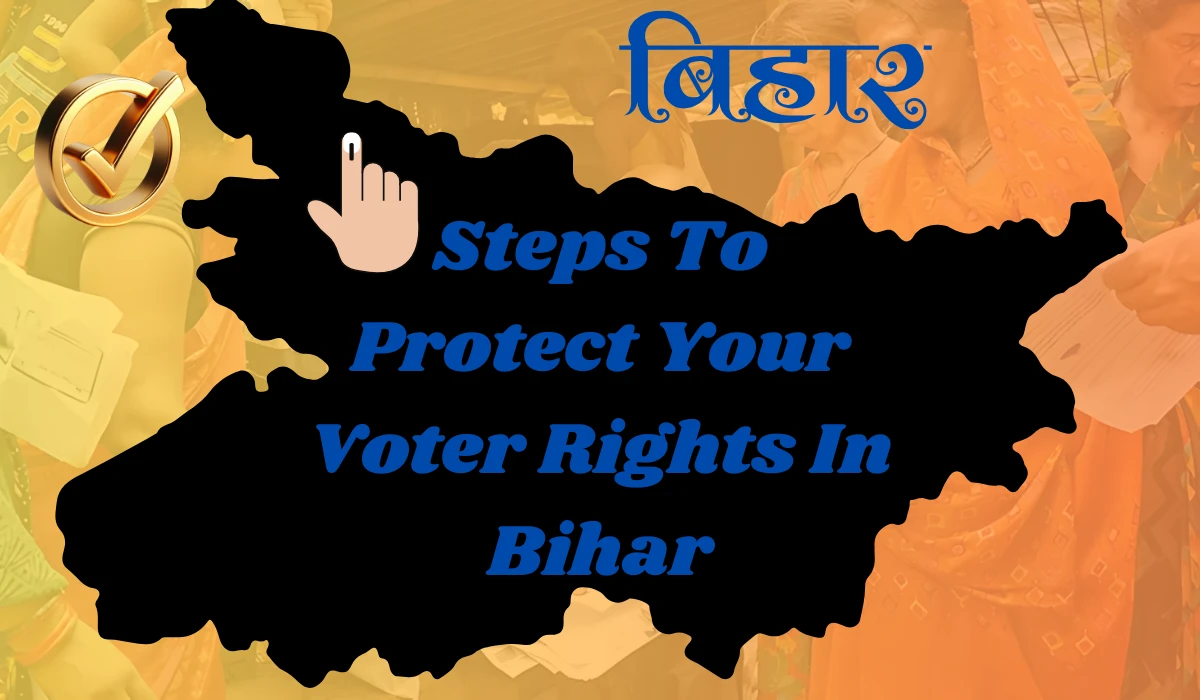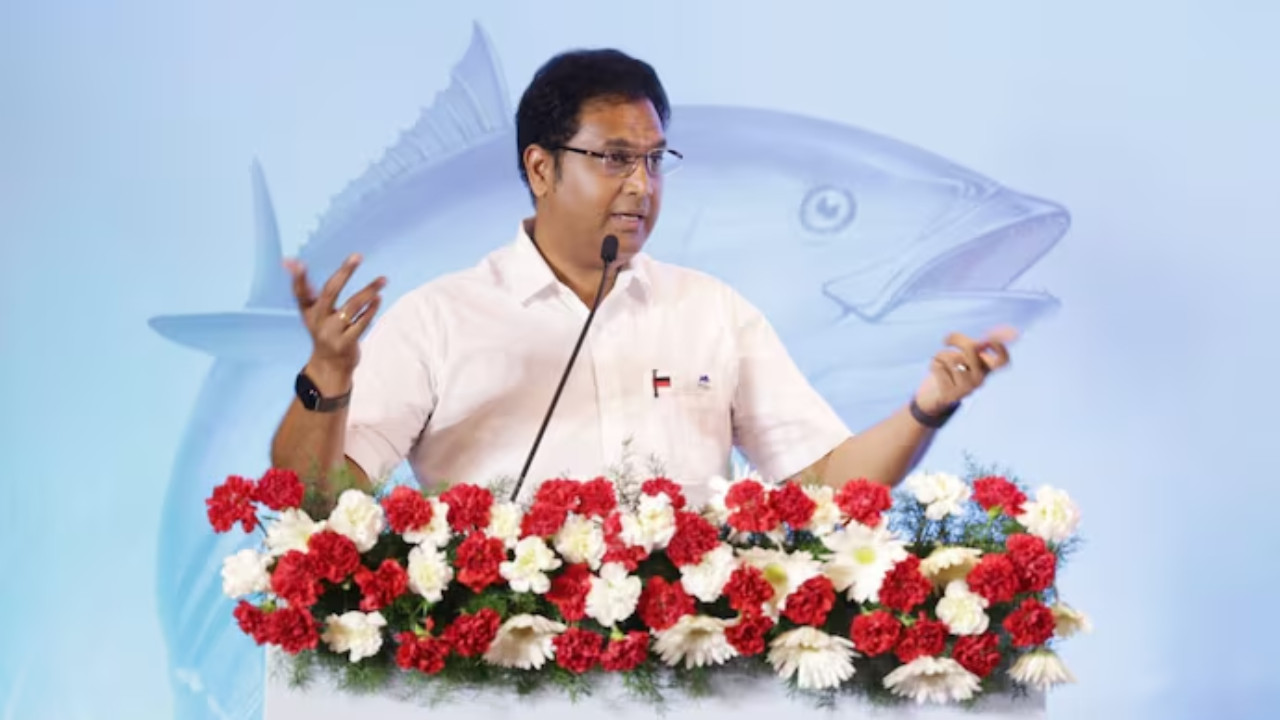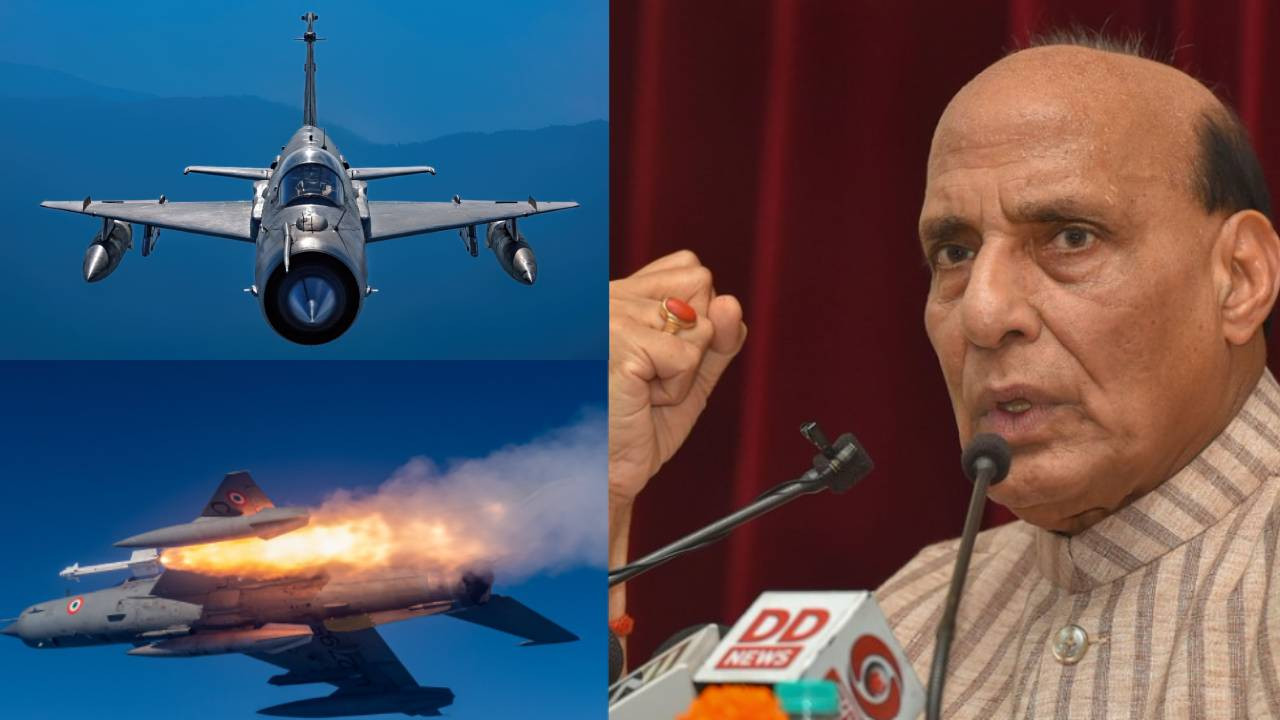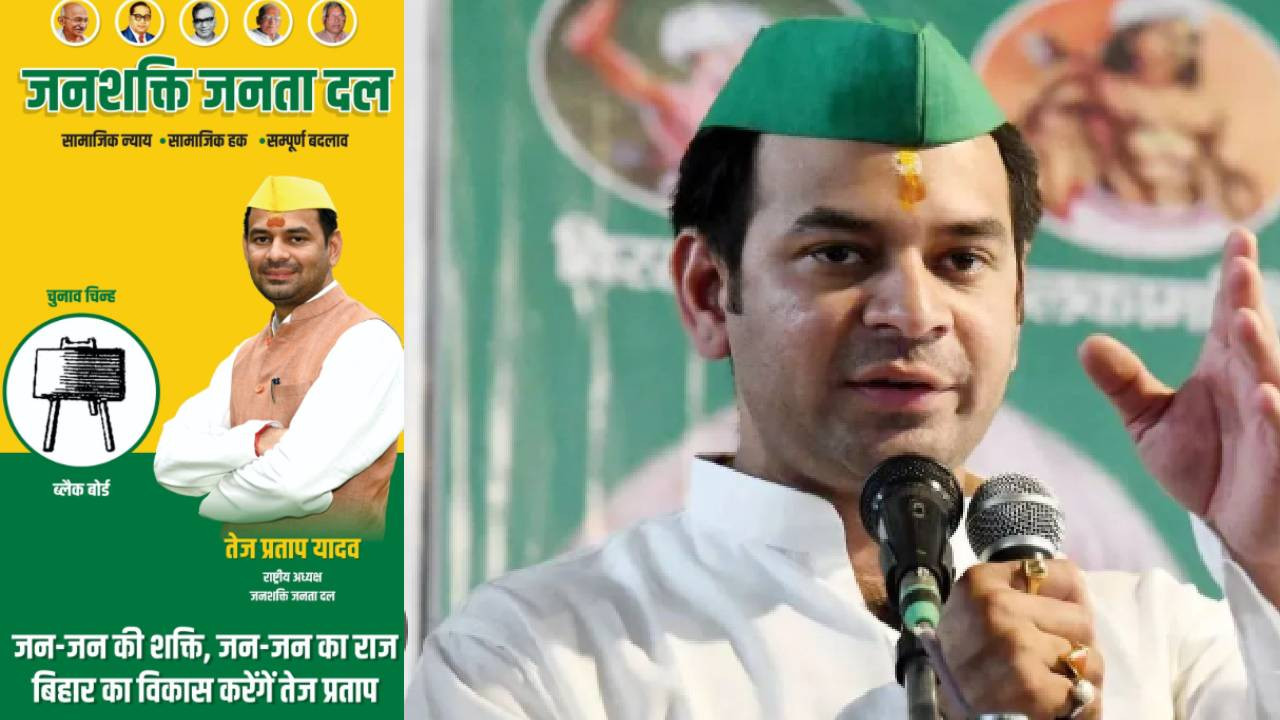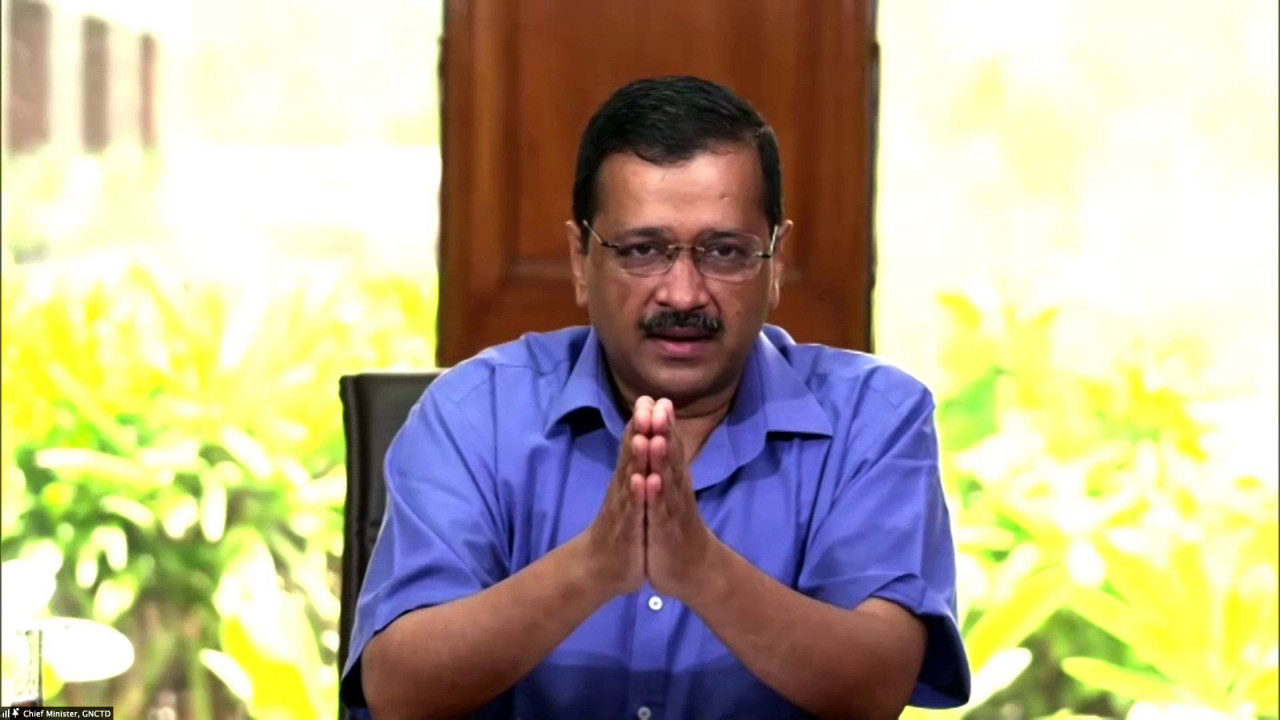Without voting, it is impossible to crown democracy. This right should be guarded more than ever, in Bihar. The upcoming Bihar Legislative Assembly elections are used to be within a few days only. With the Special Intensive Revision (SIR) of electoral registers underway, all the eligible voters must take initiatives to safeguard their rights. The guide contains some of the important steps that can be taken to ensure that they have been counted at the polling station.
Understanding the Current Electoral Landscape in Bihar
The state of Bihar is at present undergoing a massive electoral reform. A Special Intensive Revision of the electoral rolls by the Election Commission of India has been introduced roughly requesting 80 million voters to re-cheque or newcomers to re-register. The initiative will start on the 24 July 2025 to purge the voter lists through the elimination of duplicate entries, deceased persons and other ineligible citizens but authentic citizens would not lose their voting rights as it would not sustain losses in representation.
Step 1: Verify Your Voter Registration Status
Eligible electorates have to be registered to vote as the first and most important step in safeguarding the right to vote.
How to Check Your Registration:
- The official site of the office of CEO is ceoelection.bihar.gov.in.
- Use the "Search in Roll" feature to find your name
- Access the national Voters' Services Portal at voters.eci.gov.in
- Ask your local Electoral Registration Officer (ERO).
What to Look For:
- Correct spelling of your name
- Accurate address details
- Proper constituency assignment
- Valid voter ID number (EPIC)
After identification of discrepancies, or search of your name, then have to act immediately in order to resolve the problem.
Step 2: Participate in the Special Intensive Revision Process
The ongoing SIR process is mandatory for all Bihar voters. Here's how to navigate it effectively:
Key Deadlines to Remember:
- The enumeration phase ran from June 24 to July 25, 2025
- Verification by Electoral Registration Officers continues until September 25, 2025
- Draft electoral rolls have been published for public scrutiny
Required Actions:
- Respond promptly to Booth Level Officers (BLOs) conducting door-to-door verification
- Provide necessary documentation when requested
- Submit Form 6 for new registrations or Form 8 for corrections
- Ensure all family members' details are updated
Documents You May Need:
- Aadhaar card (as directed by recent Supreme Court orders)
- Proof of residence
- Age proof documents
- Passport-sized photographs
Step 3: Know Your Electoral Rights and Protections
Understanding your rights as a voter is essential for protecting them:
Fundamental Voting Rights:
- Provided that you meet these qualifications, then you will be registered to the electoral roll.
- You can just exercise your freedom of voting, devoid of fear and coercion.
- Right to secrecy of your vote
- Right to assistance if you have physical disabilities
- Right to register complaints about electoral irregularities
Protection Against Discrimination:
- Voting right can never be denied due to religion, caste, gender, and financial status.
- There are special arrangements that exist among the aged, expectant women and disabled persons.
- The voting points are very convenient, and any citizen has access to the information on voter education.
Step 4: Stay Informed About Polling Procedures
Knowledge of the voting process helps protect against irregularities:
Before Election Day:
- Locate your assigned polling station
- Check your polling station slip
- Understand the ballot format and voting procedure
- Know the timings for polling
On Election Day:
- Carry a valid ID. This may either be a voter ID, Aadhaar card, passport, driving licence, or any other documents that are sanctioned to execute identification.
- Report any irregularities to polling agents or election officials
- Understand your right to cast your vote even if in queue before polling closes
- Remark There is also an option known as a NOTA (None of the Above).
Step 5: Report Electoral Violations
Active vigilance helps maintain electoral integrity:
What to Report:
- Vote buying or selling attempts
- Intimidation by candidates or their supporters
- Fake promises or inducements
- Booth capturing or rigging
- Violation of the model code of conduct
Where to Report:
- Local police stations
- Election Commission helplines
- District Election Officers
- cVIGIL mobile app for real-time reporting with evidence
Step 6: Engage with Civil Society and Monitoring Groups
Collective action strengthens voter protection:
Join Voter Education Programs:
- Be involved in awareness programmes.
- Go to your voter education meetings.
- Disclose information with family and neighbours.
Support Monitoring Efforts:
- Volunteer with election monitoring organizations
- Report suspicious activities to civil society groups
- Participate in post-election verification processes
Step 7: Understand Legal Recourse Options
Know your options if your voting rights are violated:
Administrative Remedies:
- File complaints with the Election Commission
- Approach the Electoral Registration Officer for registration issues
- Contact the District Election Officer for broader concerns
Legal Remedies:
- Petition the High Court for serious electoral violations
- File RTI applications for transparency in electoral processes
- Seek legal aid if your fundamental rights are violated
Documentation:
- Keep copies of all electoral documents
- Maintain records of any complaints filed
- Document evidence of violations with photographs or videos
Step 8: Prepare for Future Elections
Voter protection is an ongoing responsibility:
Regular Monitoring:
- Check your voter registration status periodically
- Update address changes promptly
- Ensure family members maintain their registration
Civic Engagement:
- Updating themselves with the current legislation and processes in election.
- Participate in community debate on issues to do with elections.
- Encourage others to register and vote
Special Considerations for Vulnerable Groups
Senior Citizens:
- Special facilities available at polling stations
- Home voting options in certain circumstances
- Assistance with registration processes
Persons with Disabilities:
- Accessible polling stations
- Braille ballots for visually impaired voters
- Assistance from companions during voting
Women Voters:
- Safety measures at polling stations
- Separate queues where necessary
- Protection against gender-based electoral violence
Conclusion
Conservation of voter rights in Bihar is not an avenue to take lightly on as this involves being on the alert and having a bit of knowledge of the electoral procedure. The present Special Intensive Revision presents the challenges and opportunities to make the system stronger.
This is done by observing the above step by staying informed and participation in the process which keeps the democratic health of Bihar and the country. It is not only a privilege but a duty to vote. In democracy, all the eligible citizens are required to turn out and elect representatives to facilitate representative rule. Act now to defend your rights as well as inspire others to do the same thing.
We can all make our democracy more inclusive and strong allowing no voice to go unheard. The forthcoming election to legislative assembly of Bihar will put under fire the democratic institutions we have. An essential part of the exercise is to safeguard your rights and the rights of the other citizens in the country. Be alert, keep updated and most significantly, keep in the process of elections which determines the future of Bihar and in India.



